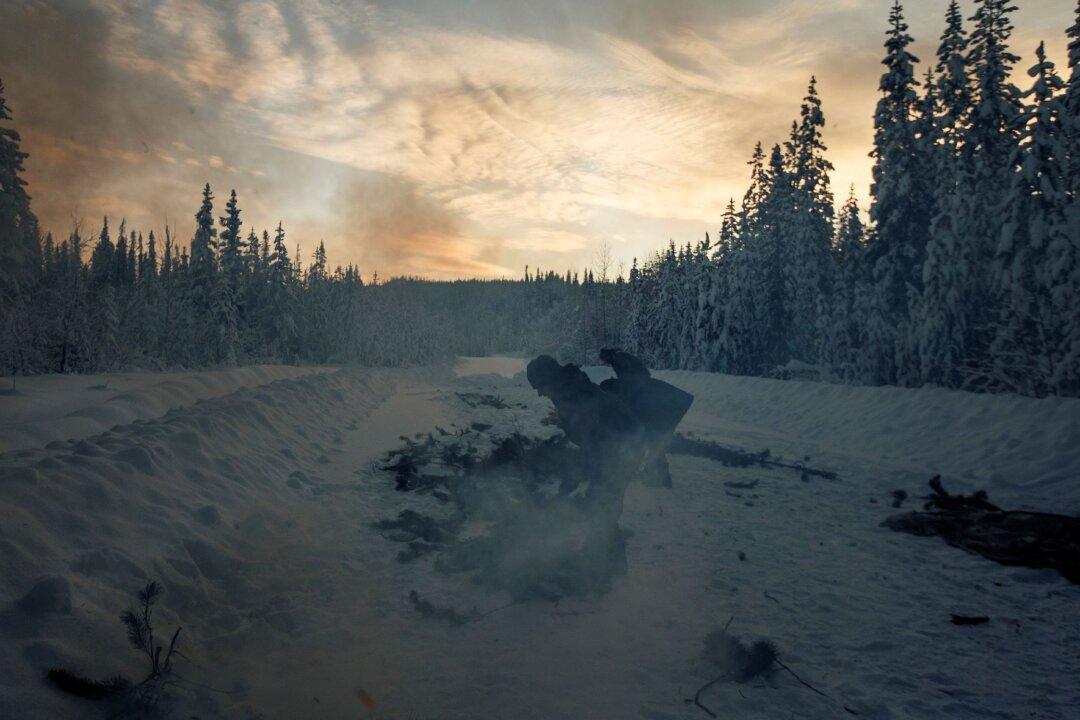The B.C. Prosecution Service is going ahead with prosecuting 15 protesters for criminal contempt for allegedly defying an injunction passed in 2019 that protects the construction of a liquefied natural gas pipeline in northern B.C.
Crown lawyer Trevor Shaw told Supreme Court Justice Marguerite Church on June 1 that prosecutors need another four weeks to decide whether to charge 10 additional protesters with criminal contempt related to the blockades and actions last fall opposing the Coastal GasLink pipeline, reported the CBC.





